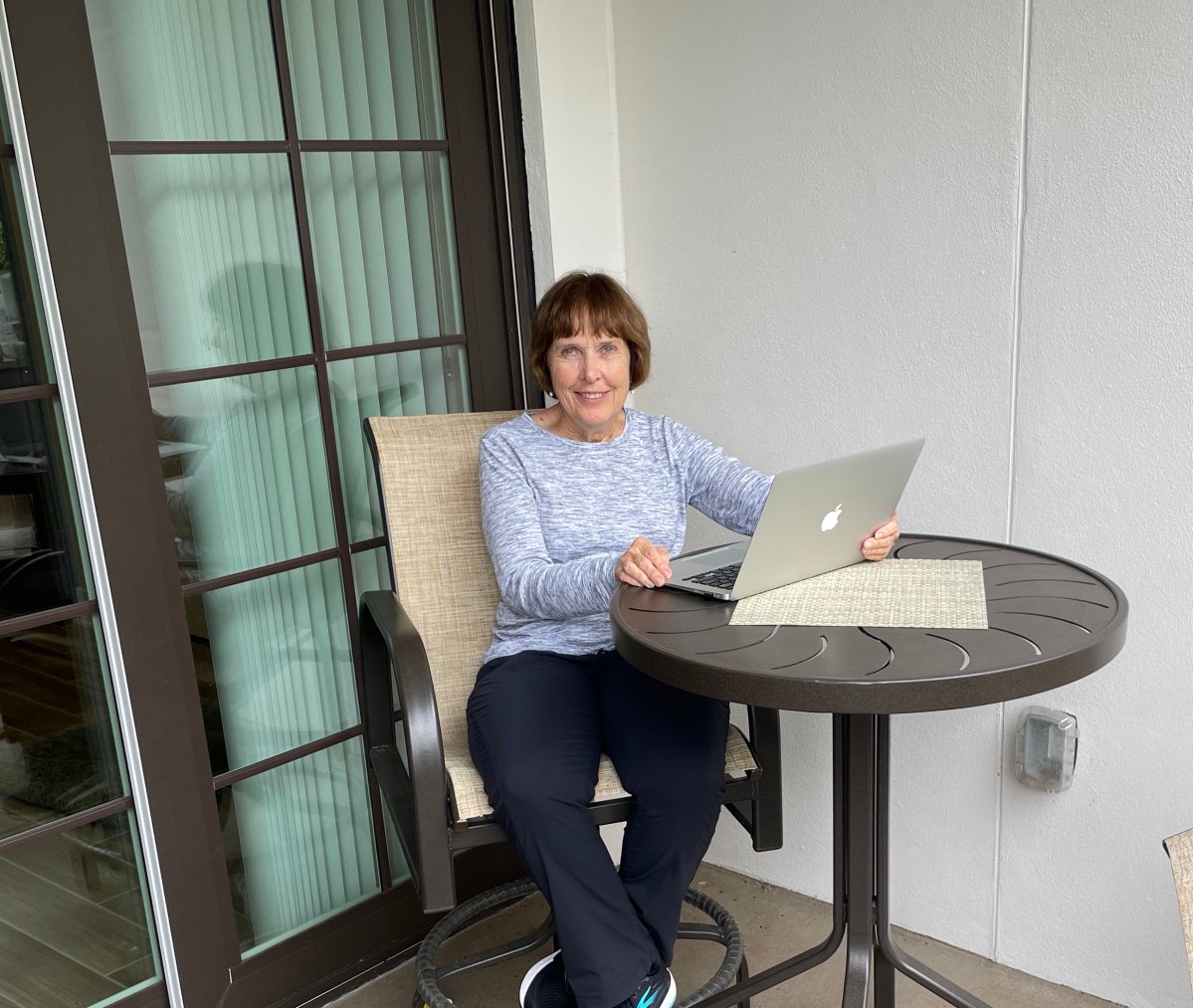In my day to day life I am frequently bombarded with distractions which stop me from writing. One day I scheduled all of my “important” errands in the morning so I could write in the afternoon. My errands took longer than expected. After spending a painful two hours at the dentist office, dropping off unwanted clothes at Goodwill, going to the bank, and shopping for groceries, I felt exhausted. When I finally arrived back home, I couldn’t string one sentence together if my life depended on it. My empty stomach growled, so I warmed a cup of soup and sat down to relax.
That cup of soup was the only good thing about my day. I felt irritated with myself for trying to get everything done at once. Sometimes I’m my own worst enemy. There’s nothing worse than a grumpy writer. Do you feel angry or depressed when you don’t write?
As I sipped my hot soup, I assessed my situation. What possessed me to try to do so much at once? I thought back to some of my childhood experiences and made some interesting discoveries. My parents taught me to work first, then play. This idea spilled over to my adulthood. Since writing is pleasurable to me, it should come second. And if I have a lot of work to do, I never get to play. One day slips into another and before I know it, I haven’t written anything for a month.
As a student, my teachers conducted class using the same philosophy. I had to finish my assignment before I could go to the reading corner. Those were the rules. As a teacher myself, I expected the same from my students. Every progress report included a box— “Student uses free time wisely.” Most students would receive a grade of satisfactory. But honestly, some students never had any free time. How sad.
Now I am seeing the importance of writing in the morning. I can focus better, and get into a creative flow. Ideas come easy to me when I am rested. If you are a writer, I’m sure you’ve discovered what time works for you. We must protect our time to write. This means scheduling appointments, errands, and chores outside of our best time to create.
As I write this blog, I recognize my strong work ethic. I place a high value on productivity. That’s fine as long as I can triage my efforts. When I plan my day I need to prioritize time to write. Writing needs to be first.
The word vocation comes from the Latin, meaning “calling.” A calling is initiated by God for his purpose. Since I feel called to write, my vocation is writing. If I look at writing as my vocation, the adult voice within me gives permission to write first and not feel guilty about it. I believe I am finding my way out of this maze.
How about you? Do you have a habit of checking off your to-do list before you sit down to write? How do you schedule time to pursue your artistic calling? Leave a comment. I’d love to hear from you.



